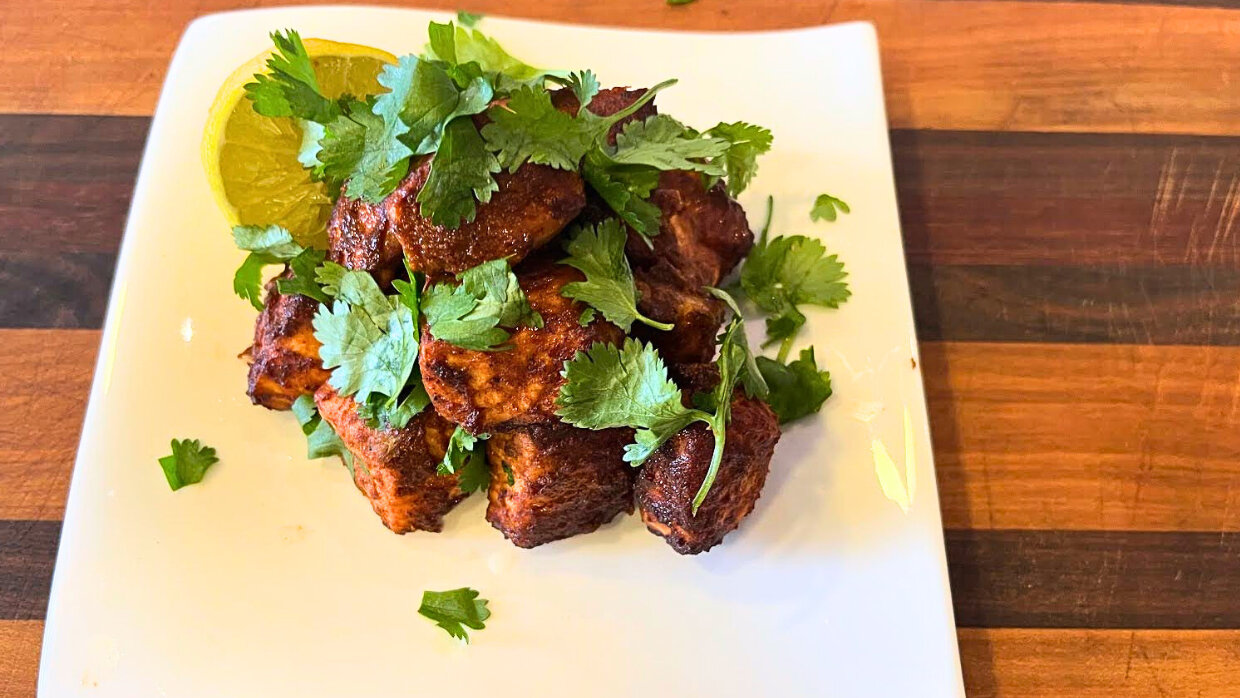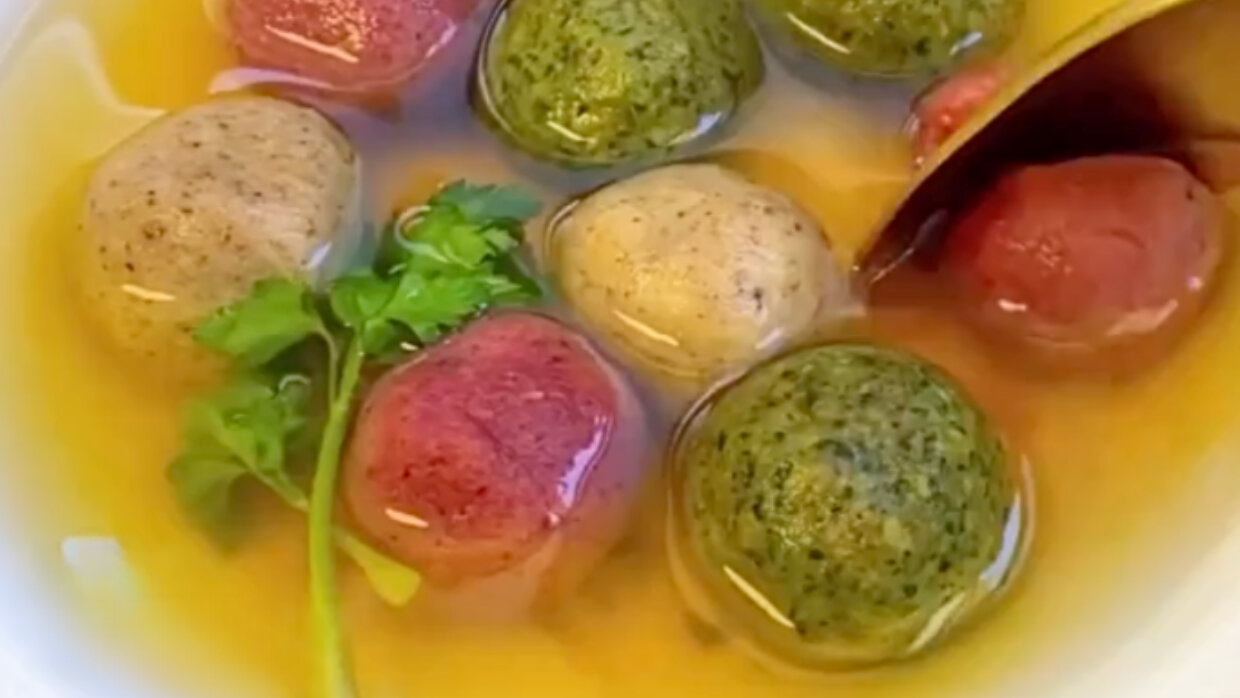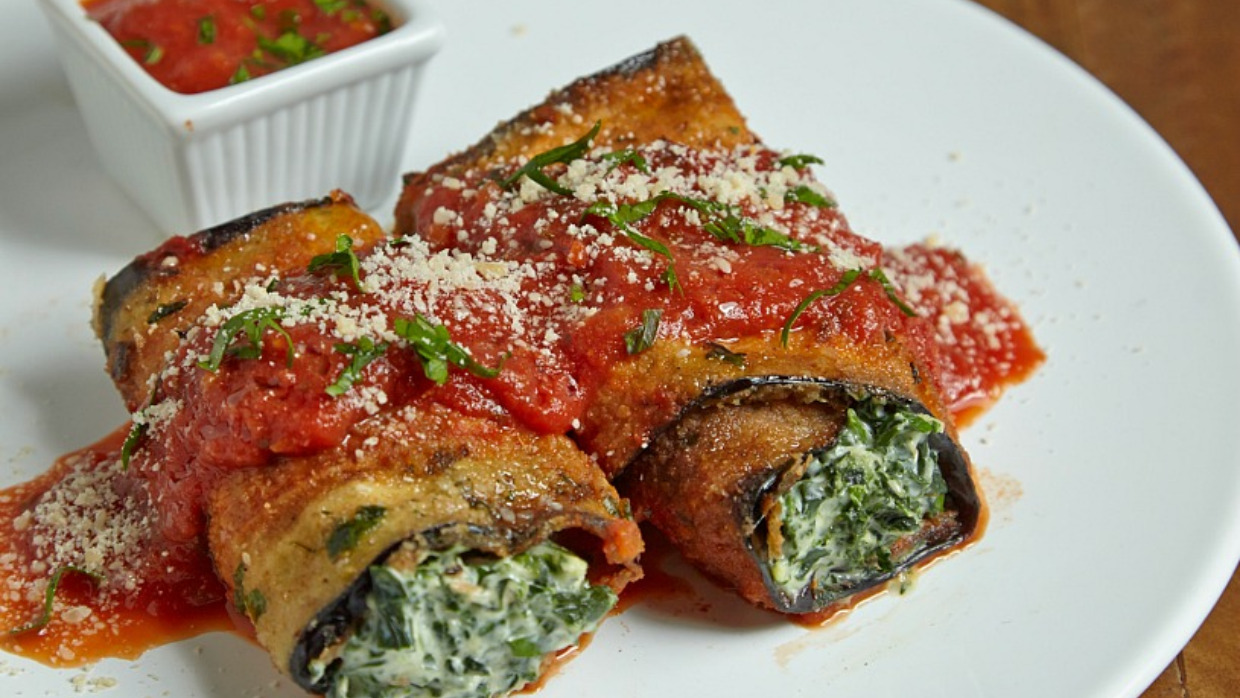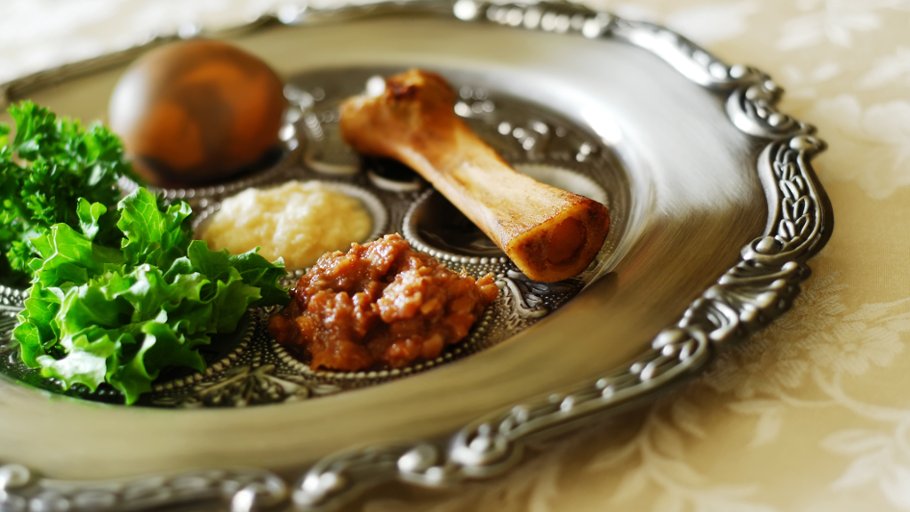The Talmud teaches that a person is obligated to drink and get intoxicated on Purim until he cannot tell the difference between cursed is Haman and blessed is Mordechai. Given that Haman (an ancient Persian viceroy and the bad guy in the Book of Esther) was a genocidal maniac and Mordechai was the saintly leader of the Persian Jewish community, one could be forgiven for thinking that this Talmudic dictum is lunacy. Should anyone drink to the point that we cannot tell the difference between Yayha Sinwar and his captives? Would that not be indicative of a total moral collapse—one that is the antithesis of what Judaism stands for?
Wine is a funny matter in Judaism. By and large, the Jewish approach is to be very present to what is unfolding on a moment-to-moment basis, encouraging what people nowadays call mindfulness. If an altered state of consciousness is to be reached, it is generally done through contemplation, prayer, song, and scholarship, and not through chemical alteration of the brain through substances.
Wine is different. We use it all the time—to mark special occasions, including three times on the Sabbath, most of the holidays, weddings, brises, and most notably, Purim—the source of that Talmudic idea above. What is so special about wine? Aren’t there other liquids that could better represent sanctity and holiness than one that comes with so many negative connotations? What about water? It cleanses, nourishes, and has an incredible amount of other uses. Milk is life-giving and represents the bond between mother and child.
But wine? So many people’s lives have been ruined by it. How many drinkers end up praying to the “porcelain god” and not to the “God of Abraham, Isaac, and Jacob?” But maybe this is the point. Maybe a substance with an element of risk is required if we want to delve deeper into life’s grand mysteries.
One of these mysteries is why God would have placed us in a scenario in which real danger abounds. Once Adam and Eve ate of the Tree (of the knowledge of good and evil) and were driven from the protective cocoon of Eden, the world became a very scary place—replete with disease, violence, hate, and aggression in constantly renewing forms. And yet we also encounter love, friendship, generosity, and goodness of all sorts. Our world is a very confusing place.
One could be forgiven for concluding that a) it is all random or b) that there must be two overarching forces—the good one and the bad one. Judaism taught the world that these ideas are false…and dangerous. Judaism insists that all that occurs emanates from one and the same place.
I form the light and create darkness; I make peace and create evil; I, the LORD, do all these things. —Isaiah 45:7
In this regard, wine represents our descent into the physical plane—to a place in which we are forced to contend with the inherent confusion, allure, and pain associated with materiality. How will we use it? Will we use it like the good aspect of wine, loosening the (over)analytical sides of our minds to peer deeper into reality? Or will it use us, luring us into a Dionysian stupor that pulls us further into perplexity, anxiety, and, ultimately, nihilism?
This is the challenge that wine represents. How we partake of the physical world is ultimately up to us. Yes, the post-Edenic world is a crazy mish-mash of good and bad, and yes, it is so easy to lose your way. When we take hold of a cup of wine to sanctify a significant moment in our lives, we are aware of the dangers but declare the purity of our intentions nonetheless. We aim to succeed. Despite the risk. Despite the confusion. With our mind’s eye, we see the One behind the many, the Good at the root, even of bad.
In a strange grammatical structure, the verse in which God confronts Adam and Eve for having partaken of “the fruit” before they were allowed to begins with the unusual interrogative word “HaMin” (literally “from the”). As they are in the process of trying to hide from God Himself, it is clear that our ancient progenitors had become utterly confused—about themselves as well as the nature of reality—after their unfortunate snack. It should be unsurprising that one of the “fruits” that the Talmud suggests they partook of was grape, or more specifically, wine. It’s just that they risked it all…and blew it.
Another way to read the word “HaMin” from this puzzling verse is Haman—of genocidal fame. The other context in which these three letters are used is in reference to the quasi-supernatural food provided by God in the desert, “HaMan,” the Manna. This serves to further underscore our understanding of the world and its ultimate origin in infinite goodness. Sometimes we get Haman, and sometimes we get HaMan. We drink to come to the emotional, intellectual, and spiritual recognition that it all comes from the very same place. Only then may we be privileged to grasp that, in an ultimate sense, there is no difference between “cursed is Haman” and “blessed is Mordechai”, as each is a specialized form of communication from the One on high “who forms light and creates darkness.”
When wine enters, secrets pour forth. —Talmud Sanhedrin 38a
















Rabbi Jacob's, I think you missed the comparison. It's not that there's no difference between Sinwar and his captives. It's that there is no difference between 'cursed is Sinwar' and 'blessed are his captives'. A freilichin Purim.
Wine. I've been paid, not very much at it happens, to write about food & wine. I made a career out of it. I came across a quote from the Talmud at a French 3*** Michelin-rated restaurant. It stated: 'There is no joy without wine.' This was balanced by the Rambam, who beseached us to drink lightly lest we become intoxicated. He assures us that wine in moderation is good for us.Does anyone have chapter & verse?